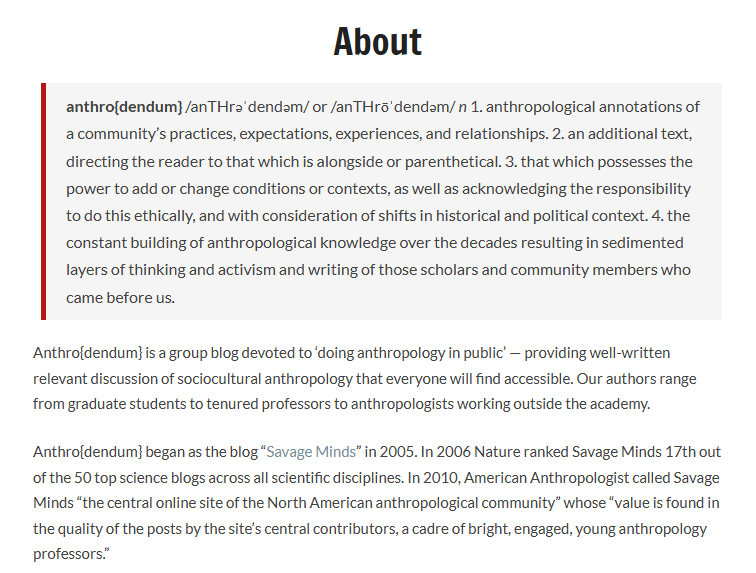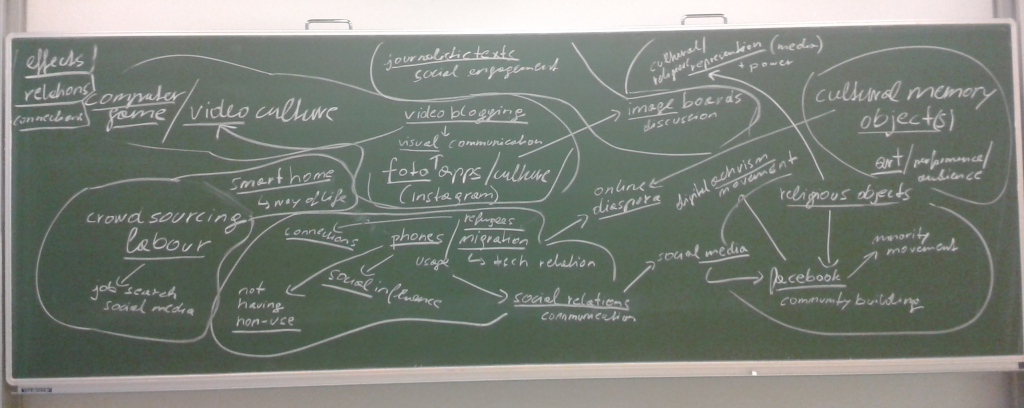For the 4th time I am organizing the seminar “Indigenous Media” for the MA Program Visual and Media Anthropology at the Free University Berlin.
In this course, students are introduced to indigenous media technologies by actively discussing in 10 units/sessions different questions, issues and problems:
- How do indigenous people produce, distribute and utilize audiovisual media?
- How has ethnographic and anthropological film making changed through indigenous media?
- What role do politics, power, globalization and (post-)colonialism play in the production, distribution and consumption of indigenous media?
- How do indigenous people utilize media to construct and negotiate their individual and collective identities?
- How are indigenous cultures and languages represented through media?
- How do indigenous people appropriate and (co-)develop digital media technologies?
We start our seminar with the contextualization of indigenous media within an anthropology of media. In the second unit students are introduced to selected debates about the meaning and relevance of (mass) media for indigenous people and their sociocultural life worlds. We then discuss ethnographic film making and visual anthropology in the context of indigenous people’s changing role from “objects” for ethnographic films to partners in (collaborative) media projects. The fourth unit deals with (post-)colonialism and decolonization and their implications for indigenous media. This discussion leads us to the self-controlled production of indigenous media and its relevance for issues such as (self-)representation, appropriation, control and empowerment. Globalization, modernity and related questions of collective indigenous identity construction are the topics of the sixth unit. The following three sessions are closely connected, discussing aspects of identity, community, networking, ownership, activism, empowerment, aesthetics, poetics and popular culture in relation to indigenous media. In the final unit, students learn about the significance of digital technologies and infrastructures for indigenous people.
Through several case studies, students are introduced to the similarities and differences of indigenous media projects throughout the world. These case studies take us to different regions, countries and continents: from Nunavut, Canada and the United States to the Caribbean, Guatemala, Mexico and Brazil, to Nigeria, Myanmar, Australia and Finland. The seminar’s assignments include the preparation of an essay at the end of the seminar and short weekly literature and film reviews/critiques as well as an active contribution to discussions during the online sessions, which are organized with the online conference tool Adobe Connect.

